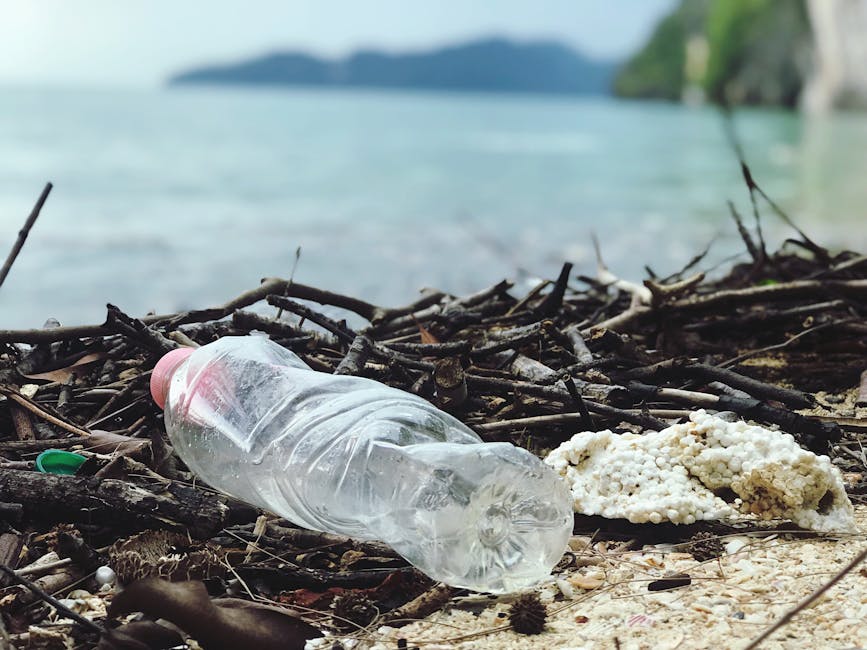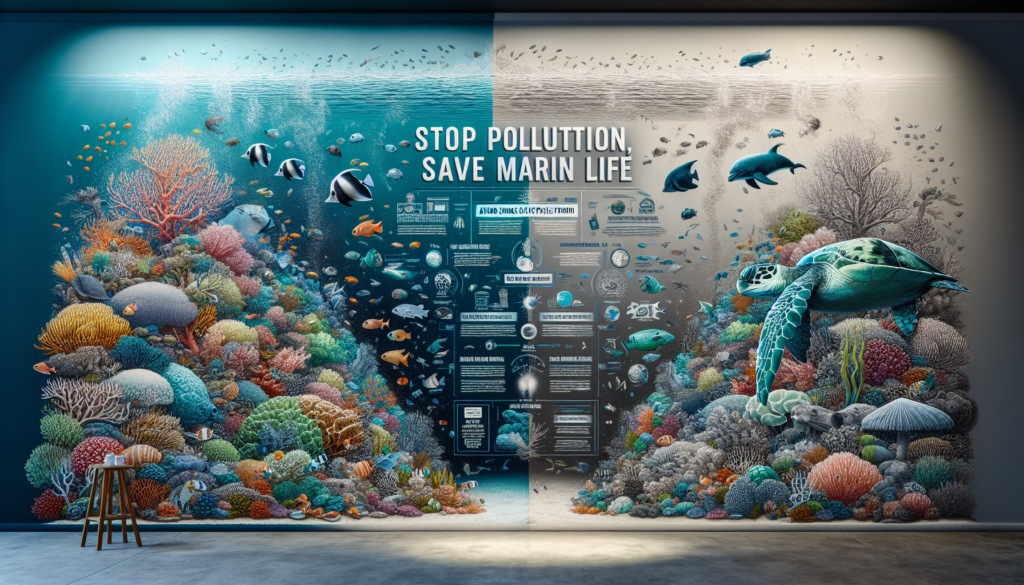Marine Conservation Tips: Preserving Our Oceans for Future Generations
Our oceans are not just vast bodies of water; they are teeming ecosystems that support a myriad of life forms, regulate our climate, and provide essential resources for human survival. However, due to human activities such as overfishing, pollution, and climate change, our marine ecosystems are under threat like never before. The need for marine conservation has never been more urgent, and individuals can play a crucial role in protecting these precious habitats. In this article, we will delve into the world of marine conservation tips, exploring various strategies and practices that can help preserve our oceans for future generations.
The Importance of Marine Conservation
Before we dive into the practical tips for marine conservation, it’s essential to understand why it is so crucial to protect our oceans. Marine ecosystems are incredibly diverse, with millions of species depending on them for survival. From the smallest plankton to the largest whales, every organism plays a vital role in maintaining the delicate balance of the marine environment.
Furthermore, oceans absorb carbon dioxide, helping to mitigate climate change, and provide a significant source of food and livelihoods for millions of people around the world. By conserving our marine ecosystems, we not only protect biodiversity but also ensure the sustainability of our planet and future generations.
Reducing Plastic Pollution
One of the most pressing threats to marine life is plastic pollution. Every year, millions of tons of plastic waste end up in the oceans, harming marine animals through ingestion and entanglement. To combat this issue, individuals can take simple yet effective steps to reduce their plastic use.
Start by using reusable bags, water bottles, and utensils to minimize single-use plastic consumption. Avoid products with excessive packaging, and opt for biodegradable or compostable alternatives whenever possible. Participate in beach clean-ups and support organizations working to reduce plastic pollution in our oceans.

Sustainable Seafood Choices
Overfishing is another significant threat to marine biodiversity. To help mitigate this issue, consumers can make informed choices when purchasing seafood. Look for sustainably sourced seafood products that are certified by organizations like the Marine Stewardship Council (MSC) or Seafood Watch.
Choose seafood that is harvested using methods that minimize bycatch and habitat destruction. Support local fishermen and seafood markets that prioritize sustainable practices. By making conscious seafood choices, you can help reduce the demand for overexploited species and promote the long-term health of marine ecosystems.
Marine Protected Areas
Marine protected areas (MPAs) play a crucial role in conserving marine biodiversity and habitats. These designated areas restrict human activities such as fishing, mining, and pollution to allow ecosystems to recover and thrive. Supporting the establishment and expansion of MPAs is essential for safeguarding vulnerable marine species and ecosystems.
Advocate for the creation of new MPAs and the enforcement of existing ones. Participate in community-based monitoring programs to help protect MPAs and raise awareness about their importance. By championing the conservation of marine protected areas, you can contribute to the preservation of critical marine habitats.
Reducing Carbon Footprint
Climate change poses a significant threat to marine ecosystems, leading to ocean acidification, coral bleaching, and disruptions in marine food webs. Individuals can help mitigate the impacts of climate change on oceans by reducing their carbon footprint.
Reduce energy consumption by using energy-efficient appliances and lighting, carpooling or using public transportation, and supporting renewable energy sources. Plant trees, participate in carbon offset programs, and advocate for policies that address climate change at the local, national, and global levels. By taking steps to reduce your carbon footprint, you can help protect marine ecosystems from the devastating effects of climate change.

Supporting Marine Conservation Organizations
There are numerous organizations dedicated to marine conservation, working tirelessly to protect and restore our oceans. By supporting these organizations through donations, volunteering, or advocacy, individuals can contribute to the collective efforts to safeguard marine ecosystems.
Research reputable marine conservation organizations and choose one that aligns with your values and priorities. Participate in fundraising events, volunteer for conservation projects, and spread awareness about the importance of marine conservation in your community. By supporting marine conservation organizations, you can make a tangible impact on the health and resilience of our oceans.
Education and Awareness
Education and awareness are key components of effective marine conservation. By educating yourself and others about the importance of marine ecosystems and the threats they face, you can inspire positive change and encourage sustainable practices.
Stay informed about current issues affecting marine conservation through reputable sources such as scientific journals, conservation websites, and documentaries. Share your knowledge with friends, family, and colleagues, and engage in discussions about marine conservation and sustainability. By raising awareness and fostering a culture of environmental stewardship, you can help create a more sustainable future for our oceans.
Conclusion
Marine conservation is a critical endeavor that requires collective action and individual commitment. By following the tips outlined in this article, you can play a vital role in protecting our oceans and marine ecosystems for future generations. From reducing plastic pollution to supporting marine protected areas and advocating for sustainable seafood choices, there are numerous ways to contribute to marine conservation efforts.
Remember that every action, no matter how small, can make a difference in the health and resilience of our oceans. By working together and prioritizing the conservation of marine ecosystems, we can ensure a sustainable future for our planet and all its inhabitants. Let’s join hands in preserving the beauty and diversity of our oceans for generations to come.



